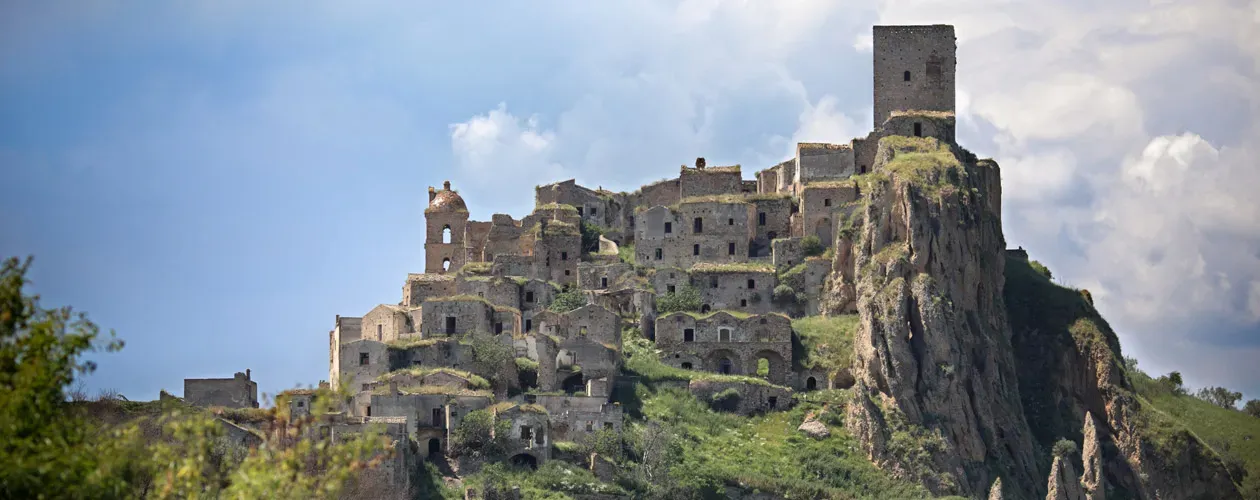Fantasma
NOUN [masculine]
Meaning and English translation 🔖
1. Ghost, Specter
🇬🇧 Image of a dead person believed to appear to the living.
🇮🇹 Immagine di una persona morta che si crede appaia ai vivi.
2. Illusion, Phantom
🇬🇧 Something that doesn't exist in reality but only in imagination.
🇮🇹 Cosa che non esiste nella realtà, ma solo nella fantasia.
| Masculine ♂️ | Feminine ♀️ | |
|---|---|---|
| Singular | il - un fantasma | - |
| Plural | i - dei fantasmi | - |
Example sentences 💬
Molti credono che ci siano fantasmi nel vecchio castello.
Many believe there are ghosts in the old castle.
Ahia! Mi vedi o sono un fantasma?!
Ouch! Can you see me or am I a ghost?!
This article is brought to you by Giulia School, where you can learn Italian the natural way—with real conversations and passionate teachers guiding you every step of the journey. It’s the closest thing to immersion you can get without living in Italy. Click here to learn more.
Idioms with fantasma 🇮🇹
Credere ai fantasmi
→ To believe in ghosts
Mio nonno dice di credere ai fantasmi, ma io penso che stia scherzando.
My grandfather says he believes in ghosts, but I think he's joking.
Storia di fantasmi
→ Ghost story
Intorno al fuoco, ci siamo raccontati storie di fantasmi.
Around the campfire, we told each other ghost stories.
Essere il fantasma di sé stesso
→ To be a shadow of one's former self
Dopo aver perso il lavoro, Mario è diventato il fantasma di se stesso.
After losing his job, Mario became a shadow of his former self.
Città fantasma
→ Ghost town
In Basilicata c’è un’affascinante città fantasma di nome Craco.
In Basilicata, there is a fascinating ghost town called Craco.

Where does the word fantasma come from? 🔎
Fantasma comes from Latin phantasma, which in turn comes from Greek φάντασμα (phántasma).
This Greek word derives from the verb φαντάζω (phantázō), which means "to show" or "to appear"” At the root of it all is φαν- (phan-) which we find in φαίνω (phaínō), "to make visible" or "to appear", from which we also get the word "fantasy".





